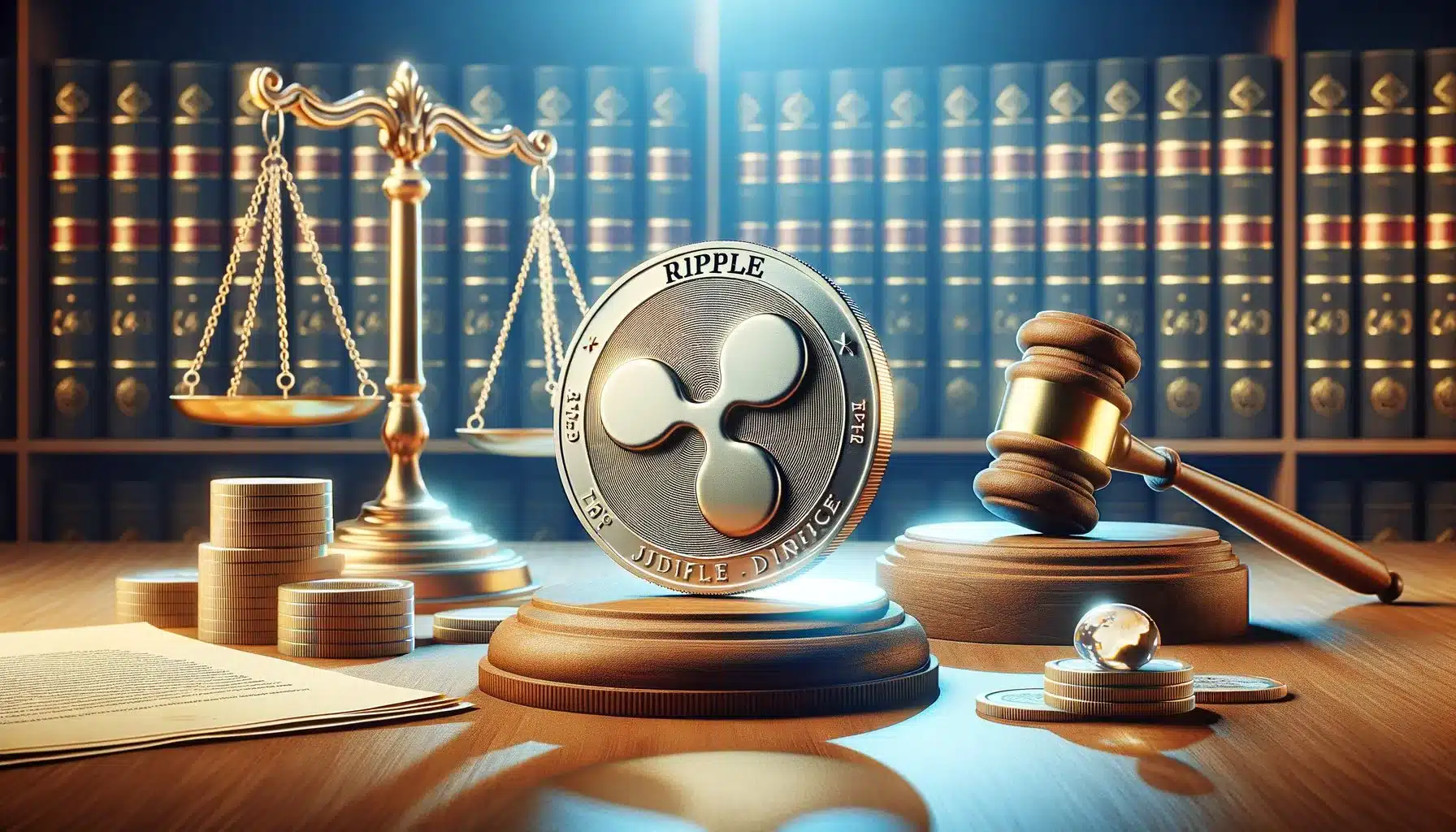A recent court decision denying a joint settlement in the Ripple-SEC lawsuit has drawn sharp criticism from a popular crypto commentator, who described it as a “ritual of control.”
Following Judge Analisa Torres’s refusal to approve a settlement request mutually agreed upon by both Ripple Labs and the U.S. Securities and Exchange Commission, the statement was made.
The commentator, known online as Pumpius, believes the move reveals deeper strategic interests aimed at delaying Ripple’s regulatory clarity.
According to the theory presented, both Ripple and the SEC had reached a point of agreement. XRP had been previously declared not to be a security by retail investors, and both parties were allegedly curious to proceed.
Nevertheless, the court’s denial has created serious concerns, as it goes against the usual legal direction when both parties are aligned. The denial, the commentator asserts, is the evidence of a predatory attempt by a measured approach to keeping a hold on the schedule of legal freedom enjoyed by XRP.
Also Read: Coinbase CEO Urges Bitcoin Long Bet as BTC Nears Historic Price Milestone
Pumpius called this decision part of a broader pattern of institutional management and said the denial was a response to some vested interests.
He mentioned larger market players like BlackRock and Citadel, investment groups associated with Rothschild, and major institutions around the globe, such as the Bank of International Settlements (BIS), the International Monetary Fund (IMF), and the World Economic Forum (WEF).
🚨 WHY DID JUDGE TORRES DENY A SETTLEMENT BOTH RIPPLE & THE SEC WANTED?
Ask yourself:
When both parties want to move on — but the judge says NO…
You’re not watching law.
You’re watching a ritual of control.
Let’s go deep. 👇🧵 pic.twitter.com/fRRmtAvVae
— Pumpius (@pumpius) June 26, 2025
As the thread connotes, these organizations constitute an economically driven order that will exploit the present institutionalized, centrally controlled order.
XRP Seen as a Threat to Traditional Financial Power Structures
The commentator explained that XRP is more than a cryptocurrency, as it poses a direct challenge to legacy financial infrastructure.
By offering faster, cheaper, and more transparent cross-border transactions, XRP potentially threatens systems such as SWIFT, correspondent banking fee structures, capital controls, and high-cost custody services.
In this perspective, providing Ripple with full-fledged legal clearance would spoil the schedule of what the commentator termed as a financial reset in progress.
He said that the elites are still unable to adapt to a terrain where XRP is free, and that is why it will be delayed.
It has been claimed further that Judge Torres is not working in isolation. Instead, she might be reacting to veiled forces, eclipse-like motifs of a career incentive, affiliation of potent law firms, or forces related to national security.
The post argues that these mechanisms do not signify corruption but rather a system where legal decisions operate to ensure the greater benefit of the institution.
Delaying XRP’s Full Legitimacy to Preserve Control Over Emerging Technologies
Pumpius also emphasized that XRP’s influence extends beyond financial transactions. He noted that the XRP Ledger is technically prepared to support tokenized applications in areas like carbon credits, energy systems, DNA data, identity, and even voting infrastructure.
According to the theory, allowing XRP to advance too quickly could result in a loss of institutional control over these emerging systems.
By rejecting the settlement, the court may be giving time for existing financial powers to reposition themselves before XRP gains complete legal legitimacy. The theory emphasizes that the protocol itself is not being challenged on legal grounds but on strategic ones.
According to the post, the system is not ready for the consequences of XRP being set free.
Conclusion
While the court provided reasons for denying the settlement, Pumpius’s theory has struck a chord among XRP supporters. It frames the decision not as a legal issue but as a calculated delay rooted in control over the future of financial infrastructure.
As the case continues, speculation remains high about the broader implications of what many believe is more than a courtroom matter.
Also Read: Judge Torres Strikes a Major Blow in Ripple-SEC Lawsuit, But There is Good News
